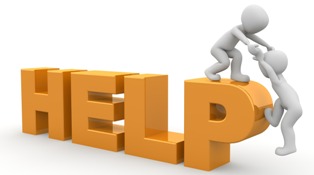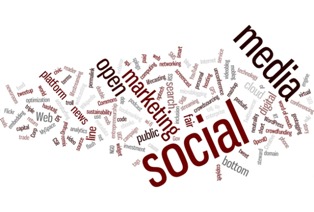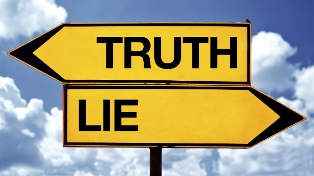Writers Lie #2 - Envy (Make it work for you)
*Writers are funny. They lie. Oh, they don’t mean to lie and they don’t realize they are lying most of the time. What do they lie about this time? Why, many are lying about how happy they are for your success!
Writers – authors in particular – say they want everyone to succeed but then turn a variety of shades of green when one of them actually does. Their frustration, though hidden, blazes in their hearts. They are asking, “Why him? Why not me?”

I’m not immune. I want Indie authors to do well, to see success. I will aid, promote, review, and chat up all of them. I will buy books, talk about my favorite authors, and do whatever I can to see authors find recognition. I don’t do it for recognition myself but to be helpful and supportive.
Sadly, this is not a two-way street. When I publish, those same authors that I promoted do not reciprocate, buy my books, or give reviews when given free books. Rarely do they share or give much publicity. It’s frustrating but honestly? Most authors are self-centered and narrowly focused. But there is a reason. It’s a kind of protection. Not everyone is like me and believes in the collective good (there ARE many others out there who are, and I’m grateful to those. This is not about them). I get it. They want to promote and sell their work.
The reveal comes when one of them becomes a best seller on Amazon, or New York Times, or USA Top 100. I’m happy for them. I cheer, promote, and talk then up again. As will all their author friends, many of whom are green at the gills.
But don’t let authors tell you that they secretly aren’t envious, even jealous. Don’t let them laugh off their frustration because they lie.

I know because I lie. And not all of us liars want to admit it because it makes us feel human and small.
I won’t tell you not to be envious of others. It is human nature. And I want to laugh when someone answers my frustration with, “you shouldn’t be jealous.” Shouldn’t is a judgement and I feel what I feel. No one can say whether it is right or not and certainly have no right to judge my feelings. If you don’t get a little green at someone’s instant success or see him or her zoom to the top of the charts and become #1, then you are remarkable and we can’t relate. Me? I’m human. I get frustrated and I get envious of seemingly easy success. Successful authors are usually quick to tell me, “but you shouldn’t.” Why not??

Because envy can be good for you.
If you are human like me, and a struggling author like me, let’s try to work this out so that your envy becomes an understandable and useful tool for you.
- First, don’t compare yourself to others. No one writes like you. They are not you. Their sphere of work and how they got to where they are is very distinct. So, no apples vs oranges.
- Second, congratulate the successful and find out how they did it! Maybe there is useful information to be learned and lessons to absorb. You can never have too much information. Perhaps there is a “secret” you can use, too.
- Third, a kindness takes nothing away from you and improves your attitude. Not to mention that when you act like an adult you find the will to be an adult. So be nice! You liked them and/or respected them before. Tap into that and remember and mean it when you express your happiness for their achievements.
- Fourth, ask yourself what made you envious and work for it. Need to advertise more to improve your visibility? Need to tighten your writing and study your craft more? Need to publish more material? Blog more? Need help promoting? Define what is lacking and go after it. Get help. Seek out what you need and use those tools to do better. Trust that as you improve and your work is more visible that so will the good that you hope for come your way.
My friends, envy is good for you. You’re human yes, but don’t let that be an excuse. Green eyes can motivate you if you let it happen.
Someone I know had immediate and almost instantaneous success when they published their book. It rocketed to #2 in its genre in less than a day. People flocked to buy and the reviews poured in. I nearly fainted in awe and lost my mind with frustration and envy. How did this happen and what was wrong with me?
Ah, young Jedi, there is the lesson. First, this person created something needed. Second, they have a following that is several THOUSAND strong. Next, the product is quality. The word of mouth advertising after publication carried the day. The Amazon #1 bestseller status came out of a need and the following who purchased the product.
I don’t have that kind of following and my books aren’t mainstream enough to grab that kind of attention. I advertised but I’m in a totally different field and not mainstream. There is my answer, which clarified when I stepped back and examined why I felt as I did and what I could do about it. I was envious of a success that I could emulate if I wished!
Fill a need, produce a quality product, and develop a following before the product is released. Voila, my young Jedi, you have YOUR answers.
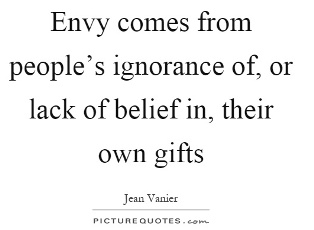
Envy can be good. It keeps you sharp and focuses on the prize. Just don’t let it get the best of you. Don’t let it stop you from promoting others, buying books by others, reading and reviewing works by others. Don’t be them. Be you and be the kind of person that others will – or hope – to emulate.
So, I told you I lie about being envious. I won’t ever admit it publically and certainly never to other authors. And I may never know their kind of success. I have come to accept that what I work for and what I earn may never be equal to others. But I will keep working, studying, writing, and publishing. Most of all, I will keep believing in what I do. Because I write for me and for you. My envy will never get in the way (though I may never be able to stop feeling it). Instead, let us use envy to do better and achieve our dreams.
Let’s make green the color of enviable success for both of us.
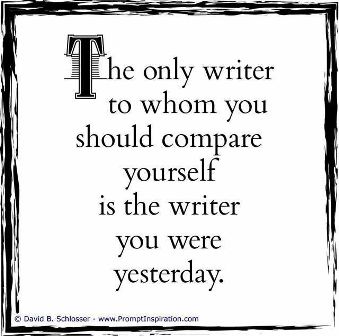 TELL ME — do you fib about feeling envious? And how do you deal with it?
TELL ME — do you fib about feeling envious? And how do you deal with it?
*(this article is prepared after speaking with over 50 authors whose comments were provided with a promise of anonymity. The observation is a generalization and not intended to reflect the attitudes of all writers/authors. Nor is this written with malice or any intention to offend).
_________________________________________________
****The following items will always appear to keep you posted on activities.*****
WIP (Works in Progress):
– Writer’s Workbook – Learning to Write Everyday – Beginners Volume (expected April 2017)
– first novel in the Evening Bower series, about vampires and other supernatural creatures (Nov 2017)
– prequel novella to the Bower series (May 2017)
– four-part fairy story (part one complete) (Christmas 2017)
On the Desk: (next reading): waiting on my next book
Off the Desk (book just finished): Prince Lestat 2 by Anne Rice
Coming Soon: Interview with new folks and more about upcoming giveaways, plus more commentaries.

















